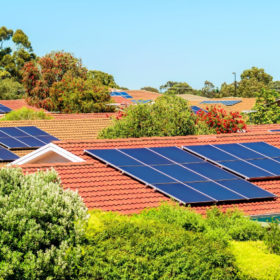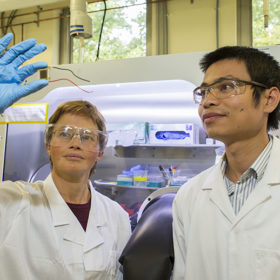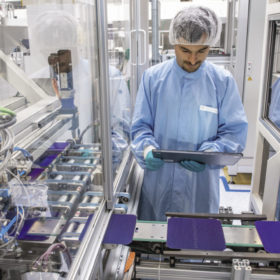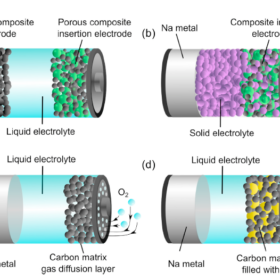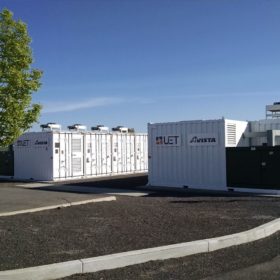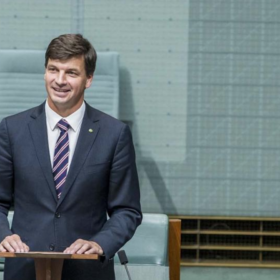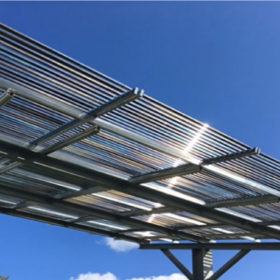New trial could nix rooftop-solar export tribulations
As some parts of Australia’s distribution networks threaten to blackout under the flow of rooftop solar exports, ARENA announces funding for a trial that will enable flexible exports in line with what the networks can bear. Smart software is the answer.
16 Solar projects get a slice of $15 million ARENA funding pie
Reducing the cost and increasing the output of the 109 GW of solar PV forecast to be installed in Australia by the year 2050 is just part of the aim of funding announced by ARENA on Friday.
IRENA presents $2tn plan to drive 5.5m renewables jobs by 2023
Doubling down on renewable energy investment and energy transition spending is required to ensure a truly green global recovery from the Covid-19 crisis and its economic aftershock, claims the International Renewable Energy Agency.
A line in the silicon: SA solar industry inverted as new regulations come into effect
South Australia’s new solar installation regulations came into effect on September 28. The regulations, designed to better manage a distributed energy system, are thought rushed by some in the industry, but ultimately they should facilitate more solar integration.
An optimistic – but realistic – perspective for sodium batteries
International researchers have analysed the potential of sodium-based energy storage and found recent technical advances have arrived faster than those for the lithium-ion batteries which have been studied for three decades. Issues remain, however, before sodium constitutes a complementary option to lithium.
WoodMac: Tesla Battery Day 2020: Too good to be true?
Like most Tesla events, speculation and hype were at all-time highs after CEO Elon Musk hinted that something “very insane” would be revealed. He was not far off! Tesla detailed a completely new cell, along with plans to improve manufacturing, costs and shrink the battery supply chain. With such bold claims come many questions.
Perth-based consultancy signs MOU with UK battery manufacturer to produce lithium cells in WA
Lithium Valley south of Perth is set for two new faces after UK battery manufacturer AMTE Power and Perth-based infrastructure firm InfraNomics signed an MOU to explore the possibility of establishing lithium-ion cell manufacturing facilities in Western Australia.
Best membrane for vanadium redox flow batteries
A new research paper looks at the membranes used for applications in vanadium redox flow batteries. It outlines various membrane technologies and the obstacles to bringing batteries to mass production.
Taylor bets $18 billion on emissions technology, ignores own hot air
Federal Minister for Energy and Emissions Reduction Angus Taylor address the National Press Club on Tuesday with his First Statement on the Morrison Government’s Technology Investment Roadmap. While hydrogen, storage and electric vehicles get a look in, the Morrison Government is also looking for ways to artificially substantiate its gas-led recovery.
Thin-film agrivoltaic solar tubes
German tech company Tube Solar AG has secured €10.8 million to develop its cylindrical agrivoltaic modules. The lightweight devices could also be used on roofs until now considered unsuitable for PV.
